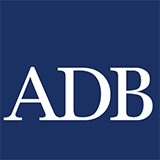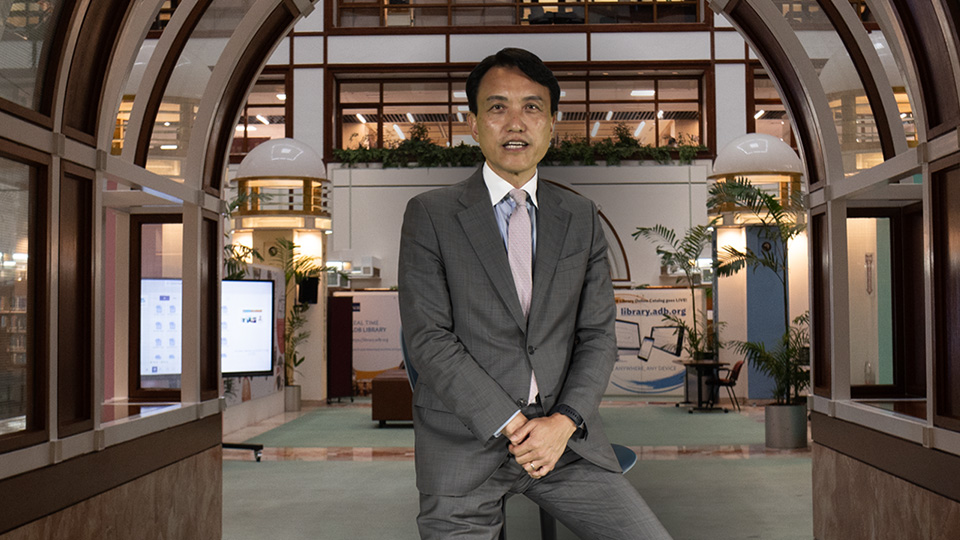Resilience is one of the four pillars of ADB’s Strategy 2030. We want to build resilience in all aspects of our development work. We want resilient infrastructure, cities, and communities. We want the environment and natural resources to be resilient. We want all economies in the region to be resilient. Our partnerships made significant strides in 2022 in promoting resilience.
Woochong Um
Managing Director General
Asian Development Bank
Partnering for Resilience and Growth
The COVID-19 pandemic. Climate change. Disasters. These shocks have shown the world the importance of resilience. In 2022, new challenges from the Russian invasion of Ukraine to the worsening food and energy crises were stark reminders of how shocks to the system can unwind development.
Resilience is about resisting, responding, and recovering. In Asia and the Pacific, with so much progress already achieved in reducing poverty and improving people’s lives, resilience is vital to protect and extend hard-won development gains.
As one of the four pillars of ADB’s Strategy 2030, resilience is a critical and crosscutting element of ADB’s operational priorities.
In 2022, ADB partnerships drove resilience and growth. ADB worked with 14 bilateral partners, 6 multilateral partners, 4 global funds, and numerous private sector and other partners on 124 sovereign and 41 nonsovereign projects, programs, and technical assistance. ADB and its partners helped countries and communities transition from vulnerability to resilience through transformative and innovative operations.
ADB’s partnerships continued to yield significant gains in 2022.
These partnerships helped developing member countries face the current shocks that beset them, such as providing critical cash transfer support to Sri Lankans suffering through food inflation, helping Mongolia weather the shocks to its economy resulting from rapidly escalating food and fuel prices, and enabling Vanuatu to target its COVID-19 response to the poor and marginalized people.
They also actively promoted the transition to clean and renewable energy with projects such as in Uzbekistan, which is helping the country build its first wind power farm; in Bhutan, by expanding renewable energy sources to include solar power; and in Viet Nam, where electronic buses are now plying the country’s busy streets and providing an environment-friendly transport solution.
ADB’s partnerships strengthened women’s economic participation, working with the Bank of Georgia to provide much-needed financing for women-owned or -led small businesses; targeting Indonesian women and other vulnerable groups to increase financial inclusion; and helping Indian farmers, especially women farmers, link to markets and agricultural value chains.
ADB and partners are also optimizing the use of digital technology across sectors. For instance, under the Trade and Supply Chain Finance Program, the digital standards initiative was designed to drive digitalization of global trade. In South Asia, ADB and partners are helping water utilities expand their drinking water options with smart water management technology. Several countries in the region are also improving health care and reducing costs by digitizing national health information and finance systems.
As ADB looks to 2023 and beyond, it is revamping its operating model to deliver even better services and results. This includes expanding its leadership on climate change, boosting the private sector and investment, offering broader development solutions, and becoming more agile and responsive. Throughout ADB’s partnerships and operations, protecting and expanding development gains and improving resilience will remain a primary focus.
At a Glance
- $4.3 billion sovereign cofinancing
- $7.1 billion nonsovereign cofinancing
- 124 sovereign
- 41 nonsovereign


